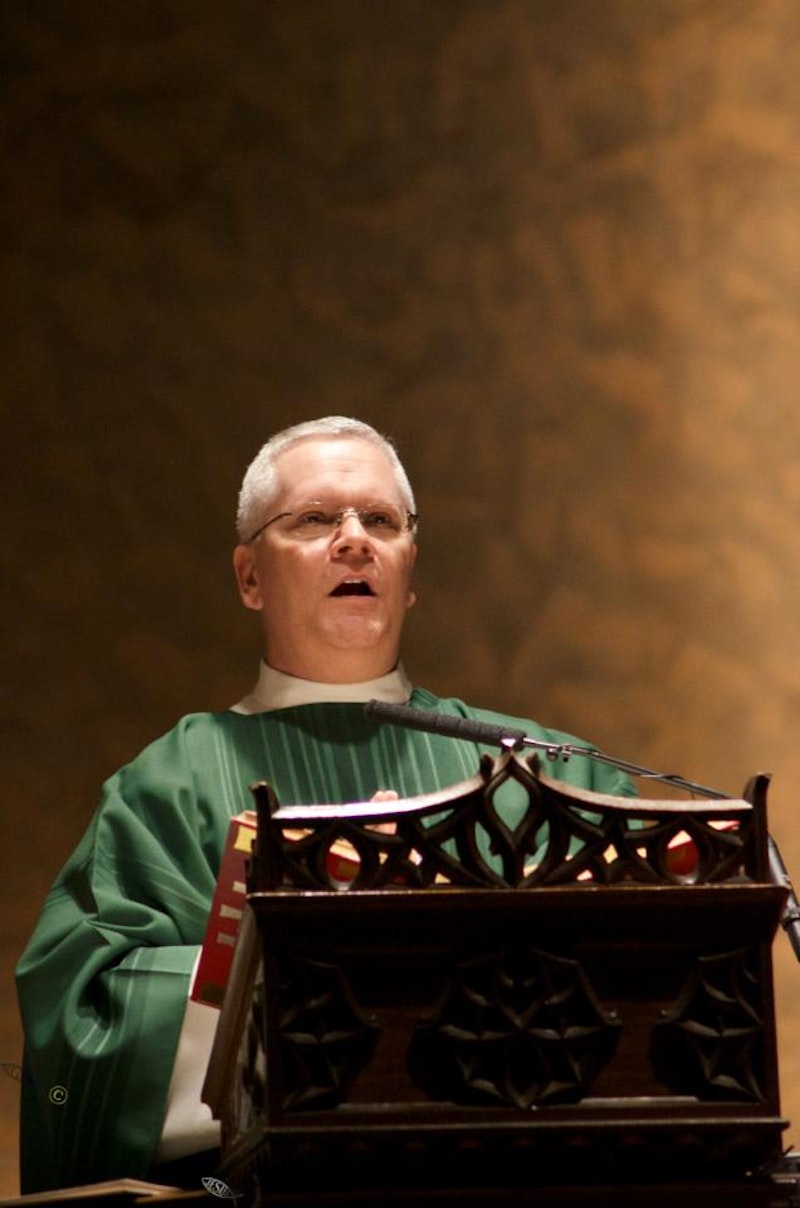Greg Kandra: People are amazing, too—full of possibility, but also full of fear and anxiety, especially now. The most profound gift you can give anyone, under almost any circumstance, is to simply remind them that they are loved.
Patrick Hofmann: Or, you can choose to give people a sense of what’s in that landscape, and let them direct themselves what to do.
Kandra: Thanks for showing us how it’s done.
Hofmann: For me, that’s the best part of it all.
Kandra: Living that way, and looking at life that way, has forced me to keep my eyes, ears and heart open to little epiphanies that pop up when you don’t expect them.
•••
Hofmann: At the same time, I would try to make that representation topographical, showing how that object that belongs in a certain space relative to other objects in their spaces.
Kandra: There’s a story circulating that John Paul once approached Mother Teresa and asked her if she’d consider being a cardinal, and she turned him down.
Hofmann: That excites me, but it’s hard to answer.
Kandra: It was the hardest thing I’d ever had to do.
Hofmann: That’s exactly it—the balance between learnability and usability; canonical versus comical.
•••
Kandra: I like to preach, and before I climb into the pulpit, I never forget to whisper a prayer to St. Stephen, the first deacon and first martyr.
Hofmann: Not every single religion on the planet kneels or prays in the same way. Kneeling is not ipso facto, the thing that often defines what worshiping is.
Kandra: This also means that some people are more apt to approach me first if they have a problem or concern involving marriage or family life; they think I’ll be more sympathetic, or more understanding, and maybe have ideas or solutions that a celibate priest might not have.
Hofmann: Yes. That’s the thing—should we really be that specific?
Kandra: In my next life, I want to write headlines for The New York Post.

